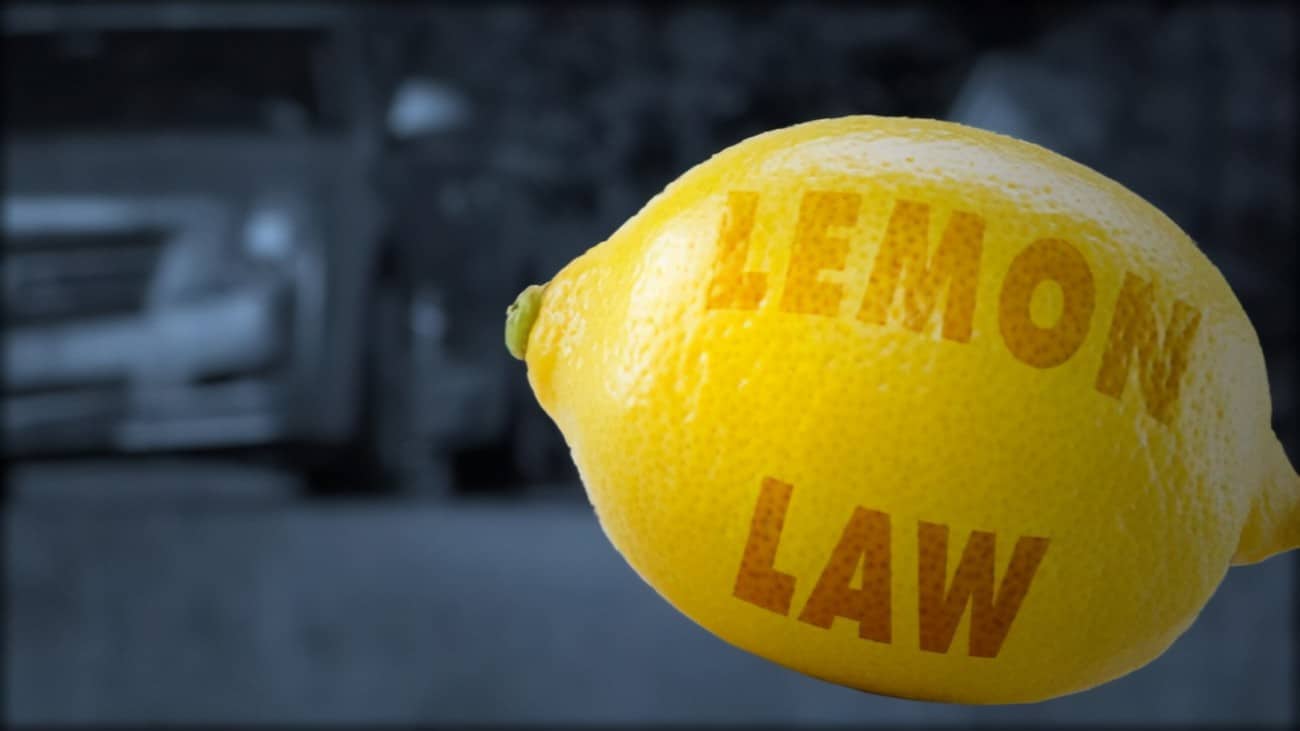How Does The Lemon Law Work In San Diego?

Imagine buying a brand-new car, excited to hit the open road, only to discover that it’s plagued with problems that the manufacturer can’t seem to fix. This is a frustrating situation that many consumers have found themselves in. Fortunately, there’s a legal remedy known as the Lemon Law that can help protect your rights as a consumer. In this article, we’ll delve into how the Lemon Law works, what it covers, and how you can benefit from it.
-
Understanding the Lemon Law
The Lemon Law is a set of regulations in place to protect consumers who purchase defective vehicles. While the specifics of the law vary from state to state, there are some common principles that generally apply across the United States.
-
Qualifying for Lemon Law Coverage
To qualify for Lemon Law coverage, certain conditions must be met:
- The vehicle must have a substantial defect that affects its use, safety, or value.
- The defect must have occurred within a specific time frame or mileage limit, usually during the warranty period.
- The manufacturer or dealership must have made a reasonable number of repair attempts to fix the issue.
-
The Manufacturer’s Obligation
Once you meet the criteria for Lemon Law coverage, the manufacturer is generally required to either replace the vehicle with a new one or refund your purchase price, including taxes, registration fees, and any finance charges. They may also be responsible for covering attorney’s fees and other related costs.
-
Arbitration and Legal Action
If the manufacturer disputes your Lemon Law claim, some states offer arbitration programs to resolve the issue before heading to court. If arbitration doesn’t yield a satisfactory outcome, you have the right to pursue a lawsuit against the manufacturer.
FAQs
What Types Of Vehicles Are Covered By The Lemon Law?
The Lemon Law typically covers new and leased vehicles, including cars, trucks, SUVs, motorcycles, and even recreational vehicles, as long as they are used for personal, family, or household purposes. Some states extend coverage to used vehicles, but eligibility criteria may differ.
How Many Repair Attempts Are Considered “Reasonable”?
The definition of a “reasonable number of repair attempts” varies by state, but it generally involves a set number of repair attempts within the warranty period or a certain number of days that the vehicle has been out of service due to repairs. It’s essential to consult your state’s specific Lemon Law guidelines for precise information.
Can I Use The Lemon Law If The Defect Is Minor Or Cosmetic?
The Lemon Law typically applies to substantial defects that affect the vehicle’s safety, use, or value. Minor cosmetic issues may not qualify. However, some states have broader interpretations, so it’s advisable to consult your local Lemon Law regulations and speak with an attorney if you’re uncertain.
Conclusion
The Lemon Law is a crucial safeguard for consumers who find themselves with a defective vehicle, ensuring that their rights are protected when purchasing a new or leased vehicle. While the specifics of the Lemon Law may vary by state, the core principles remain the same – providing relief to consumers who have unknowingly bought a lemon.
At Scott Law Group P.C. We have years of expertise assisting individuals in pursuing lemon law claims for compensation. We provide a free consultation so that you may determine whether or not you have a case, and we only get paid if we are successful in representing you in that matter. For further information, please get in touch with us right away at (619) 345-5599.
If you need a professional lemon lawyer for your case, contact us right away!
(619) 345-5599
Our Services
California Lemon Law
FAQs
Leased Vehicles
Lemon Law Explained
Used Vehicles
Motorcycles
RVs And Motor Homes
Reasonable Number Of Repairs
